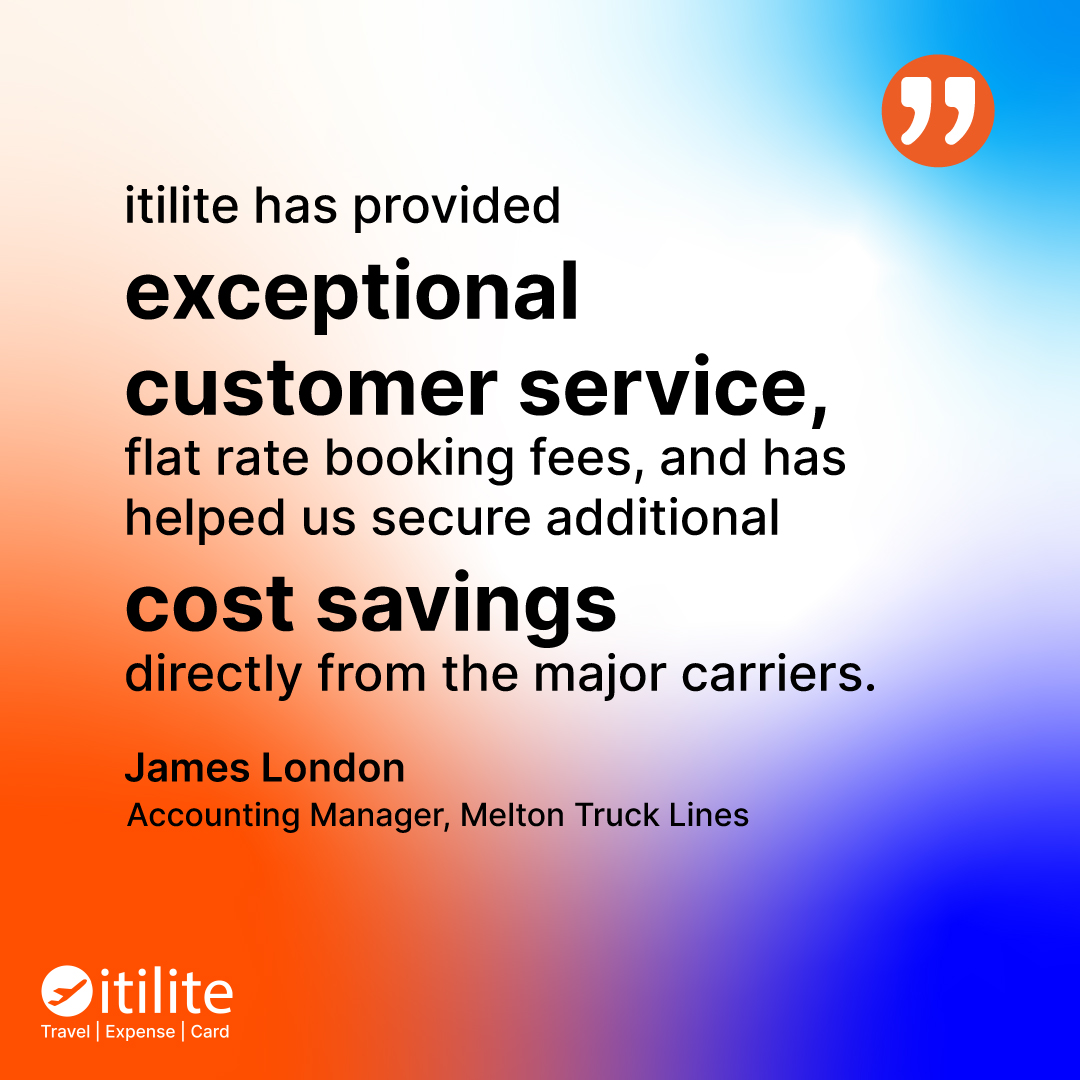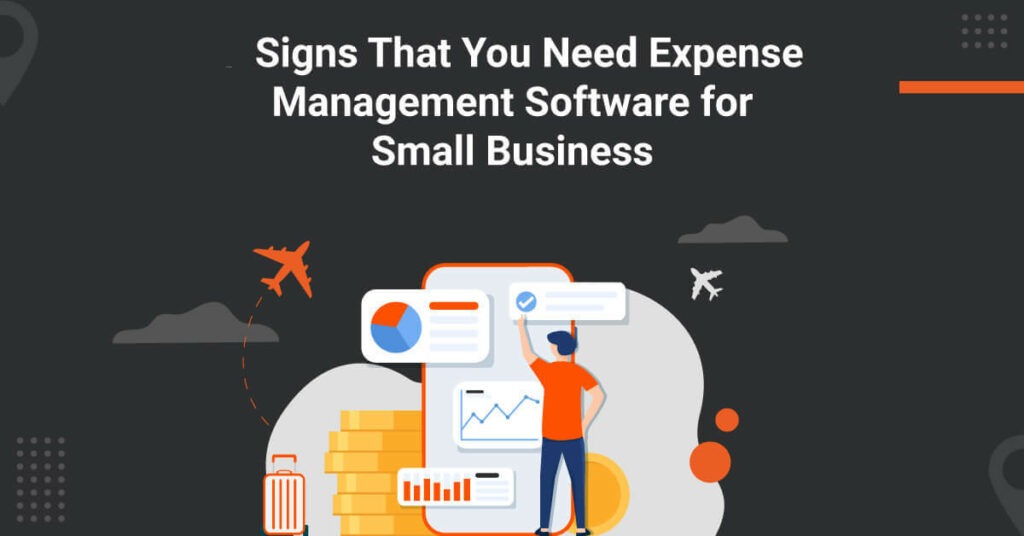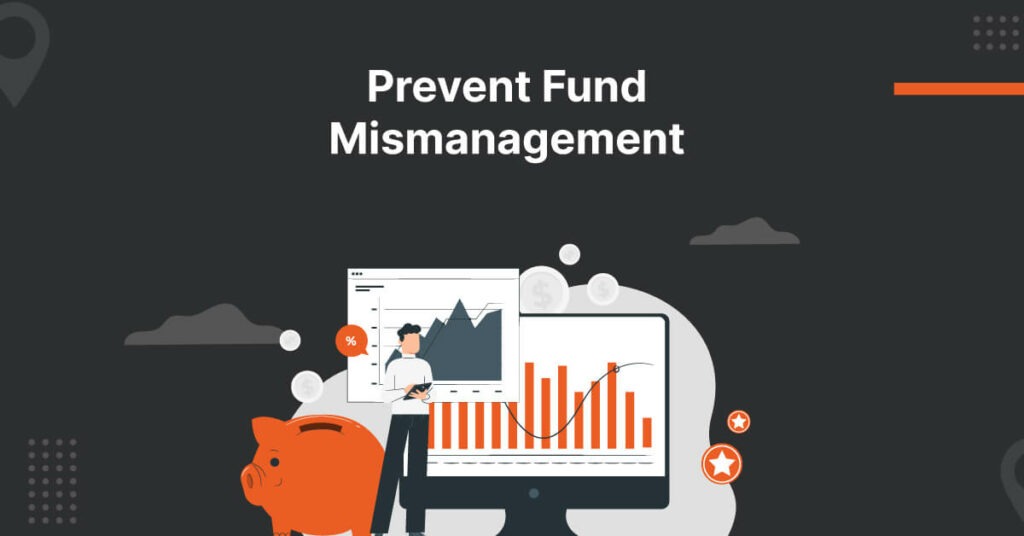In any business, managers need clear, reliable financial data to make good decisions. Managerial accounting, also known as management accounting, provides just that. Unlike financial accounting, which focuses on producing reports for external parties (like investors), managerial accounting is all about helping managers within the business.
Managerial accounting focuses on internal processes and provides insights on costs, budgets, and spending trends. This helps managers make smart choices, improve operations, and ensure the company is profitable.
In this blog, we’ll go over what is management accounting, why it’s important, its different types, and techniques commonly used in this field. We’ll also explain how it helps businesses make better decisions.
What is Managerial Accounting?
It is the process of collecting, analysing, and presenting financial information to help managers make better business choices. The goal is to support the planning and control of day-to-day operations and guide strategic decisions for long-term goals. This type of accounting is internal; its main users are company managers and executives, not external parties.
This area of accounting covers cost analysis, financial planning, and budgeting. It’s essential for companies looking to improve efficiency, control costs, and plan for future growth.
Importance of Managerial Accounting
Managerial accounting provides many benefits to a business. Here’s why it’s essential:
- Helps with Decision-Making : By providing timely and detailed information, managerial accounting helps managers make well-informed decisions.
- Supports Cost Control : It breaks down costs, helping managers see where they can reduce expenses or increase efficiency.
- Assists with Budgeting : One of the main advantages of management accounting is improved efficiency. Managerial accounting makes budgeting easier by giving managers a clear picture of financial resources and constraints.
- Evaluates Performance : It allows companies to track and measure performance using key metrics, like profit margins and productivity rates.
- Manages Risks : By analysing data trends, companies can identify potential risks and develop strategies to handle them.
By learning what is management accounting, managers gain insights into cost control, budgeting, and operational efficiency. The importance of management accounting lies in its ability to provide actionable insights. It’s a powerful tool for any company looking to maximise its resources.
Types of Managerial Accounting
Managerial accounting has different types, each designed to help businesses in a specific area. Here’s a look at some of the main types:
- Cost Accounting : This type of accounting focuses on tracking and analysing the costs associated with production. It helps managers see which parts of the production process are cost-effective and which aren’t. Types of costs include fixed, variable, and marginal costs.
- Budgeting and Forecasting : Budgeting is setting a financial plan, while forecasting adjusts that budget based on actual performance. Together, these help companies allocate resources effectively and prepare for changes.
- Financial Analysis : This involves reviewing financial statements to understand profitability and performance.
- Performance Evaluation : Performance evaluation uses KPIs to assess the effectiveness of departments and employees.
- Product Costing : Product costing involves figuring out the total cost of making a product, which helps managers set prices. This includes all direct and indirect costs, such as materials, labor, and overhead.
- Inventory Management : This type tracks inventory to maintain optimal stock levels. It helps avoid over-investment in stock while still meeting customer demand.
At its core, what is management accounting focuses on internal analysis to support business goals.
Techniques of Managerial Accounting
A business can leverage the advantages of management accounting to achieve its goals. Various techniques are used in managerial accounting to support decision-making. Here are some popular techniques:
- Marginal Costing : Marginal costing calculates the cost of producing one more unit. It’s useful for making pricing decisions and deciding whether to increase production or outsource it.
- Break-Even Analysis : To understand what is management accounting, one must see it as a tool that aids in strategic planning and decision-making. This analysis helps determine how much a company needs to sell to cover its costs. It’s helpful for setting sales targets and deciding on pricing strategies. The break-even point shows how volume, costs, and pricing affect profit.
- Standard Costing : Standard costing sets an “expected” cost for a product or service, which can be compared with the actual cost. This method helps managers identify areas where costs exceed or fall short of expectations.
- Variance Analysis : Variance analysis measures the difference between actual and budgeted figures. Positive variances mean the company is doing well, while negative variances show areas that may need corrective action.
- Job Costing : Job costing assigns costs to specific jobs or projects, making it useful for industries like construction, where each project is unique.
- Budgeting and Budgetary Control : Budgeting sets a financial plan, and budgetary control ensures that actual spending aligns with this plan. Together, they help companies monitor financial performance and stay on track.
- Cash Flow Analysis : Cash flow analysis tracks the inflow and outflow of cash. It helps a company maintain enough funds for daily operations and avoid cash shortages.
- Activity-Based Costing (ABC) : This technique assigns costs to products based on the activities involved in making them. ABC helps identify high-cost activities and areas for improvement.
- Contribution Margin Analysis : This technique calculates the difference between sales revenue and variable costs. It helps managers understand how much revenue contributes to covering fixed costs and generating profit.
- Financial Statement Analysis : This technique examines financial statements, using ratios to assess profitability, liquidity, and solvency. It helps businesses understand their financial health.
How Managerial Accounting Helps in Decision-Making?
Managerial accounting plays a major role in decision-making. For example, break-even analysis can help decide if a new product is worth launching by calculating the sales needed to cover costs. Likewise, variance analysis can show where a budget may need adjustments, keeping projects aligned with financial goals.
Understanding the importance of management accounting can improve operational success. With cost data and profitability trends, managers can identify which products, services, or departments are most profitable. This helps them allocate resources more effectively, cut costs in certain areas, and invest strategically.
Challenges in Managerial Accounting
While managerial accounting is beneficial, it comes with some challenges:
- Data Accuracy: Inaccurate data can lead to poor decisions, so companies need reliable data sources.
- Complexity: Some managerial accounting techniques, like ABC, are complex and may be hard to implement for small businesses.
- Changing Conditions: Rapid market changes can make some forecasts unreliable, requiring companies to stay flexible.
- Resource Demands: Advanced managerial accounting requires skilled personnel and resources, which can be costly for smaller companies.
Despite these challenges, the advantages of managerial accounting often outweigh the disadvantages. With the right approach, it can greatly enhance a business’s efficiency and success.
Streamline Your Accounting Processes with itilite
We hope this blog helps you understand what is management accounting and how it impacts businesses. For companies looking to streamline their financial and travel processes even further, integrating a robust expense management solution like itilite can make a big difference. itilite seamlessly connects with popular accounting software and leading ERP systems like Quickbooks, Oracle, Sage, FreshBooks, and ZohoBooks.
With the support of itilite, businesses not only gain better financial control but also unlock new levels of operational efficiency, making it an ideal choice for both small businesses and large corporations seeking smarter travel and accounting solutions.
Book a free demo with us to know more!

















